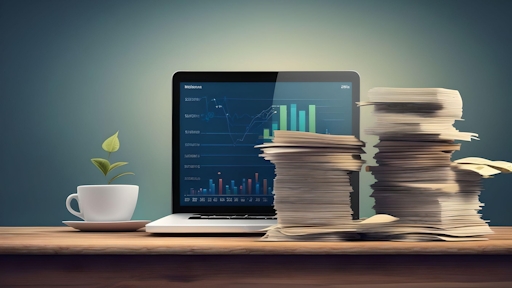Comments & Questions
Sign up or log in to comment
Browse Related Articles

Maximize tax savings by learning how to deduct small business expenses. Explore common deductions, recordkeeping, and expert tips for tax filing.

Learn how to streamline your small business finances with essential accounting practices. Discover tips on choosing software, managing cash...

October 5, 2024
Best Crypto CPA in 2024
Looking for the best crypto CPA? Find top professionals to help you with tax planning, compliance, and filing for your cryptocurrency investments.

April 17, 2025
Sam's List is 1 years old!
A year ago, I didn’t know if Sam’s List would work. 12 months later, we’ve helped 2,500+ people find accountants, CFOs, and advisors.
Looking for What to Look for in a CPA for Tax Preparation?
Find & Connect with Accountants, Fractional CFOs, and Financial Advisors
Company
Professional Services
Help Guides
Sam’s List is a directory for exploring accountants, bookkeepers, fractional CFOs, financial advisors, and wealth managers. We do not provide financial, investment, tax, or legal advice, nor do we recommend or endorse any specific professional. Some professionals participate in paid programs for additional visibility or leads. Users should independently verify any professional before engaging their services. Learn more in ourTerms of Service.


